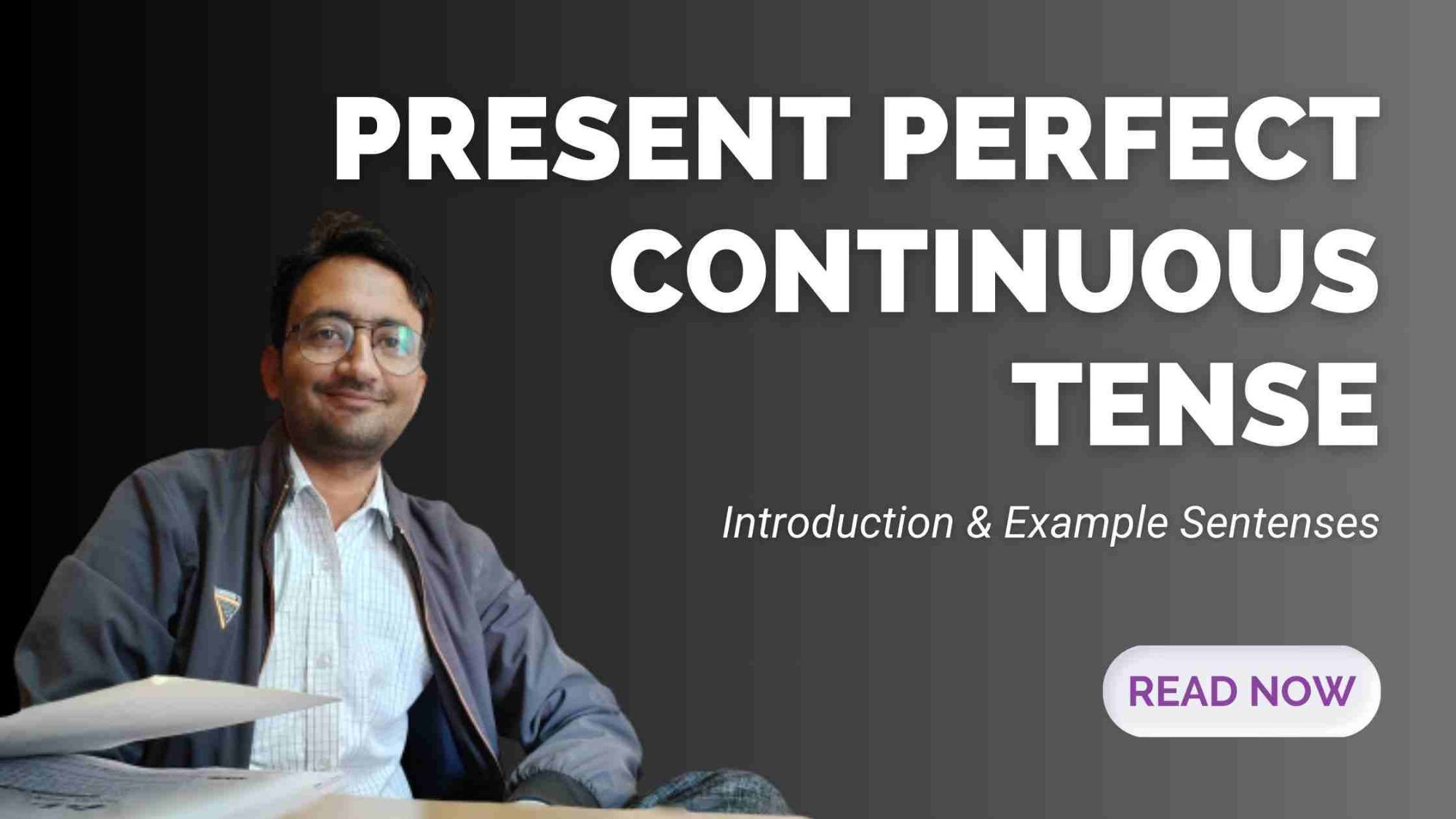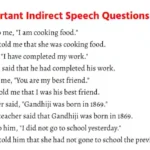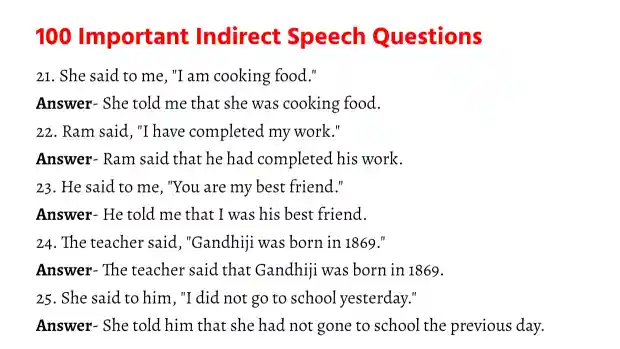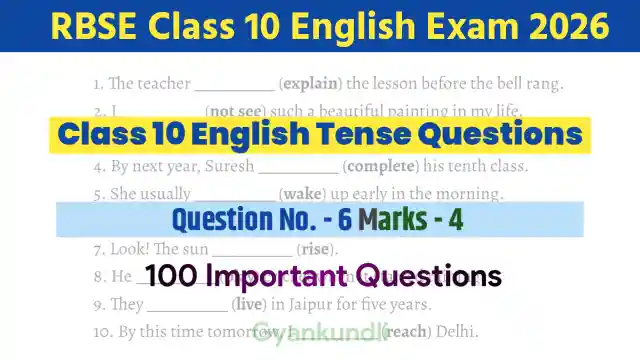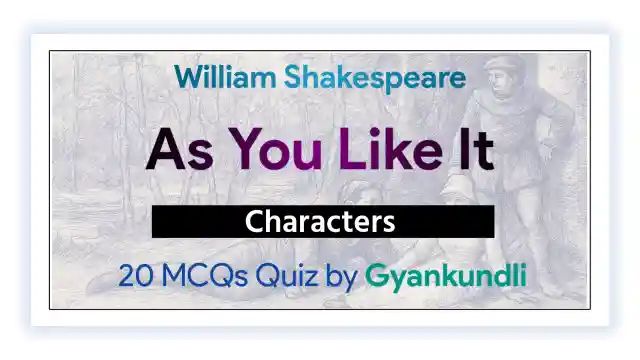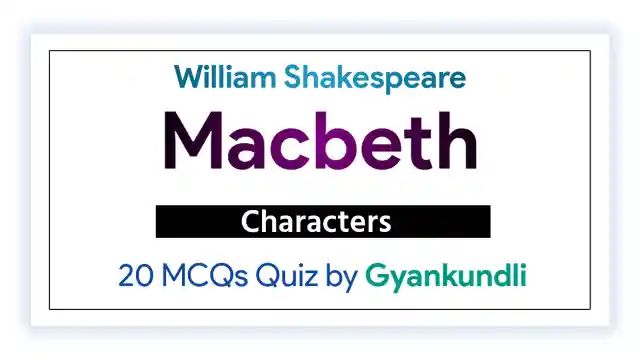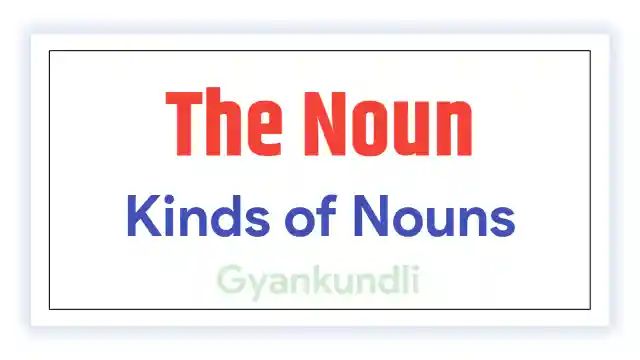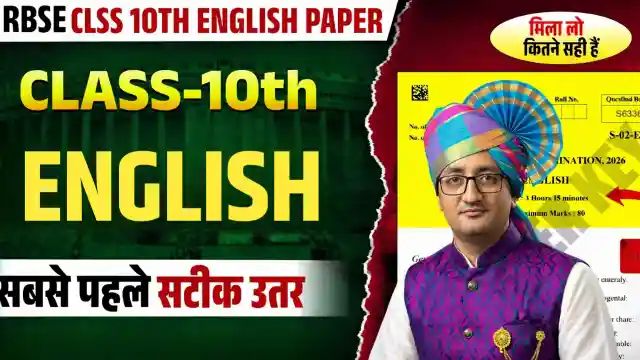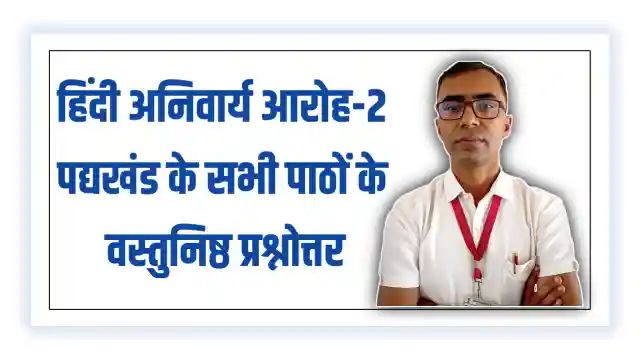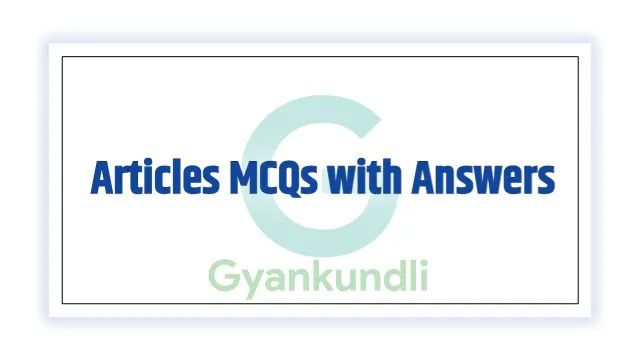What is Present Perfect Continuous Tense ?
The Present Perfect Continuous Tense talks about actions that started in the past and are still happening now or have just stopped. It’s formed by using “have/has been” followed by the -ing form of the verb (present participle). For example, “I have been playing for two hours” means I started studying earlier and I’m still studying or just stopped.
We use short forms in spoken and informal written English, like “I’ve been playing………..” instead of “I have been playing……..”
To form yes/no questions, we use “Have/Has” + subject + “been” + -ing form, like “Have you been waiting long?“
Short answers are formed with “have/has,” like “Yes, he has” or “No, I haven’t.“
Wh-questions use a question word followed by “have/has” + subject + “been” + -ing form, like “How long have you been waiting?“
The Present Perfect Continuous Tense is used to talk about ongoing actions or activities that started in the past and are still happening now or have just stopped. For example, “It has been raining all week” means it started raining earlier and it’s still raining now.
We also use Present Perfect Continuous Tense to talk about a current situation that started in the past, often using “for” + a period of time or “since” + a point in time. For instance, “I have been waiting here for 2 hours” or “Since he was nine years old, he has been playing cricket.“
The Present Perfect Continuous Tense is used to give reasons for current situations, like “I have been swimming in the pool” to explain why your hair is wet or “He has been working hard all day” to explain why he is tired.
However, we don’t usually use the Present Perfect Continuous Tense with state verbs like “know,” “be,” or “have.” For example, we say “I have known Sunil for 7 years” instead of “I have been knowing Sunil for 7 years.”
Time Expressions used in Present Perfect Continuous Tense :
| Time Expression |
| Recently |
| Lately |
| This week |
| Since |
| For |
Present Perfect Continuous Tense Examples :
Here are some example sentences in the Present Perfect Continuous tense :
1. My brother has been studying English for three hours.
2. She has been cooking food since morning.
3. They have been playing football for three hours.
4. Your father has been working in the field since dawn.
5. They have been waiting for the bus for half an hour.
6. The students have been playing outside since lunchtime.
7. She has been singing songs for fifteen minutes.
8. He has been repairing his bicycle since yesterday.
9. They have been watching movies for three hours.
10. I have been writing a letter for an hour.
11. She has been dancing in the rain for hours.
12. We have been cleaning the house all day.
13. He has been studying for his exams since morning.
14. They have been chatting with their friends for two hours.
15. She has been practicing her dance moves for the competition since morning.
16. Mohanlal has been jogging since morning.
17. I have been teaching English since 2011.
18. They have been discussing their future plans for three hours.
19. They have been painting the walls of their house since yesterday.
20. Manisha has been knitting a sweater for her grandmother since last Saturday.
21. He has been playing the piano since he was a child.
22. They have been working on their project for weeks.
23. I have been searching for my lost keys everywhere for 2 hours.
24. Gita has been baking cakes for the family since afternoon.
25. We have been discussing the matter for more than three hours.
26. He has been repairing his car for days.
27. They have been planning a surprise party for their friend since last evening.
28. She has been walking in the park for half an hour.
29. Ramesh has been practicing yoga for thirty minutes.
30. They have been studying grammar rules for the English test since morning.
Credit & Source : Oxford University Press Books
Discover more from Gyankundli
Subscribe to get the latest posts sent to your email.
